Mushoku Tensei: Jobless Reincarnation (無職転生 〜異世界行ったら本気だす〜, lit. Jobless Reincarnation: I Will Seriously Try If I Go to Another World) is often regarded as one of the pioneering works of modern isekai storytelling. Originally a web novel by Rifujin na Magonote in 2012, it quickly gained traction, leading to publication under MF Books in 2014 and eventually spawning a manga and anime adaptation. Its anime debut in 2021, animated by Studio Bind, established a new benchmark for isekai productions thanks to its layered world-building, intricate characters, and fluid animation.
Unlike many of its contemporaries, Mushoku Tensei refuses to treat reincarnation as a gimmick. Instead, it grounds the concept in character growth, redemption, and the painful process of confronting one’s past failures. This makes the anime not only visually impressive but also emotionally resonant.
Story and Plot
At its heart, Mushoku Tensei is a story about rebirth and redemption. The protagonist begins as a 34-year-old unemployed recluse in modern Japan, who sacrifices his life to save a stranger from a speeding truck. Reborn as Rudeus Greyrat in a medieval fantasy world, he vows to live this second life without regret.
The narrative’s strength lies in its pacing. The anime takes its time exploring Rudeus’ early years, showing how his prior life’s regrets fuel his relentless desire to improve. Instead of rushing toward battles and adventure, the story carefully develops his relationships, magical training, and inner struggles.
The reincarnation trope is often accused of being overused, but Mushoku Tensei distinguishes itself by blending fantasy adventure with deeply human themes: trauma, second chances, and the consequences of choices.
Setting and World-Building
The anime unfolds in the Six-Faced World, a realm that once consisted of six domains — Human, Demon, Dragon, Sky, Beast, and Sea — with the Void World serving as a channel between them. However, due to catastrophic events, only the Human World remains, now a melting pot of races and cultures.
This world is not just a backdrop but a fully realized ecosystem with its own politics, racial tensions, and magical systems. From the languages spoken in different regions to the history of wars and divine conflicts, every detail contributes to a believable fantasy setting.
Magic plays a particularly central role. Unlike many fantasy series that treat magic as a convenient plot device, Mushoku Tensei explains its mechanics and training process in detail. The presence of mana at birth, the importance of chanting, and exceptions like Rudeus and Sylphiette mastering unchanted casting add depth to the lore.
Characters and Development
Rudeus Greyrat
Rudeus embodies the central theme of rebirth. While his outward persona is that of a genius magician, his inner struggles reveal the shadow of his former self. His perverted tendencies are remnants of his failed past life, contrasting with his sincere efforts to protect his loved ones and become a dependable figure. Over time, his relationships with his mentors and companions shape him into more than just a second-chance protagonist.
Roxy Migurdia
Roxy is a demon from the Migurdia tribe, recognized for their blue hair and natural telepathy. Ironically, she cannot use telepathy, which led her to leave her home village and wander in search of purpose. Her journey into teaching brings her to Rudeus, where she becomes his first mentor in magic.
As a character, Roxy represents patience, wisdom, and nurturing — qualities that make her one of the strongest waifu figures in the series. Her archetype aligns with the “Onee-san” waifu type: caring, reliable, and subtly romantic.
Sylphiette
Sylphiette, affectionately known as Sylphy, is Rudeus’ childhood friend. A mix of human, elf, and beast races, her distinct green hair originates from the Laplace Factor, granting her powerful magical potential. Her shy, reserved demeanor makes her an embodiment of the “Dandere” archetype, but her bond with Rudeus reveals her resilience and devotion.
Her ability to perform unchanted casting after Rudeus’ influence makes her one of the most talented magicians in the story. For fans, Sylphiette is the quiet yet dependable partner who thrives in her loyalty and hidden strength — core qualities of a classic waifu.
Eris Boreas Greyrat
In stark contrast to Sylphy, Eris is loud, brash, and combative. As a noble heiress from the Boreas family, she initially appears spoiled and untamed, lashing out at everyone around her. Yet under Rudeus’ mentorship, she matures into a formidable swordswoman.
Eris fits the “Tsundere” waifu mold perfectly. She masks her feelings behind aggression and pride, but her loyalty and affection for Rudeus grow as their bond deepens. Fans are drawn to her fiery spirit, unfiltered honesty, and the dramatic transformation of her character across the series.
Waifu Spotlight
| Character | Waifu Archetype | Key Traits | Special Abilities | What Makes Her a Waifu |
|---|---|---|---|---|
| Roxy Migurdia | Onee-san | Kind, mature, dependable | Advanced water magic, teleportation | Nurturing mentor who embodies patience and wisdom |
| Sylphiette | Dandere | Shy, gentle, loyal | Unchanted casting, strong magical affinity | Devotion and quiet strength that blossoms over time |
| Eris Boreas | Tsundere | Hot-headed, passionate, protective | Sword God Style, raw combat ability | Fiery personality balanced with deep loyalty |
Each waifu in Mushoku Tensei appeals to a different archetype, ensuring that fans with varying preferences find a character to resonate with.
Animation and Art
Produced by Studio Bind, the animation quality of Mushoku Tensei exceeds expectations. The character movements are fluid, fight sequences are sharp, and the magic effects are rendered with breathtaking detail. The decision to build a studio specifically around the adaptation of this series demonstrates the dedication invested in preserving its essence.
Backgrounds are lush and varied, from medieval towns to expansive plains and mystical ruins. The attention to environmental storytelling helps immerse the viewer in the Six-Faced World. Every visual cue enhances the narrative’s weight, whether it’s the warmth of Rudeus’ home or the destructive force of teleportation disasters.
Sound and Music
The soundtrack, composed by Yoshiaki Fujisawa, perfectly blends fantasy ambience with emotional resonance. From gentle piano melodies during intimate scenes to sweeping orchestral pieces in battles, the music complements the tone without overshadowing it.
Notably, Mushoku Tensei avoids a traditional opening theme in many episodes, instead starting directly with immersive storytelling paired with background scores. This design choice enhances the seamless experience of watching the anime.
Voice acting is another standout element. Yumi Uchiyama’s performance as Rudeus captures both his childlike curiosity and his adult inner monologue. Similarly, Konomi Kohara (Roxy), Ai Kakuma (Eris), and Ai Kayano (Sylphiette) breathe life into their characters, reinforcing their waifu appeal.
Themes and Analysis
Beyond its fantasy elements, Mushoku Tensei engages with themes of redemption, trauma, and growth. Rudeus’ journey is not only about mastering magic but also about unlearning toxic behaviors from his past life. The story addresses failure and self-improvement, showing that reincarnation does not erase past scars but provides a chance to confront them.
The exploration of waifu archetypes also contributes to the anime’s appeal. Each female character represents not only romantic interest but also a mirror to Rudeus’ growth: Roxy as a guiding mentor, Sylphiette as a supportive partner, and Eris as a fiery equal.
Anime Information Table
| Title | Mushoku Tensei: Jobless Reincarnation (無職転生 〜異世界行ったら本気だす〜) |
|---|---|
| Genre | Fantasy, Drama, Isekai |
| Original Creator | Rifujin na Magonote |
| Light Novel Illustrator | Shirotaka |
| Publisher | Media Factory (MF Books) |
| English Publisher | Seven Seas Entertainment (Airship imprint) |
| Studio | Studio Bind |
| Director | Manabu Okamoto |
| Music | Yoshiaki Fujisawa |
| First Air Date | January 10, 2021 |
| Seasons | 2 (split cours, ongoing adaptations) |
| Episodes | Season 1 – 23 episodes, Season 2 (part 1) – 13 episodes, part 2 in progress |
| Producers | Egg Firm, Frontier Works, Kadokawa |
| License (NA) | Funimation, Crunchyroll |
| Source Material | Light Novel |
Overall Reception
Mushoku Tensei: Jobless Reincarnation has been praised for elevating the isekai genre with a careful balance of character development, immersive world-building, and technical mastery in animation. While its protagonist’s flaws spark debate, the narrative’s honesty in portraying growth sets it apart.
For anime fans and especially for Waifu.co.za readers, the series is also a treasure trove of waifu dynamics. Roxy, Sylphiette, and Eris are not just supporting characters but pillars of the narrative who reflect different forms of love, mentorship, and companionship.
Final Verdict
Mushoku Tensei stands as a milestone in isekai anime. Its dedication to storytelling, combined with high production values and nuanced characters, ensures its place as a must-watch for both casual and devoted anime fans.
For waifu enthusiasts, it offers three distinct yet equally compelling archetypes, each with her own emotional depth and unique abilities. Whether you prefer the dependable mentor, the shy childhood friend, or the fiery swordswoman, Mushoku Tensei delivers waifus that transcend clichés and enrich the anime’s emotional core.
Rating: ★★★★★ (5/5)

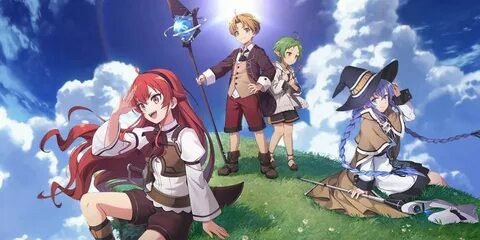



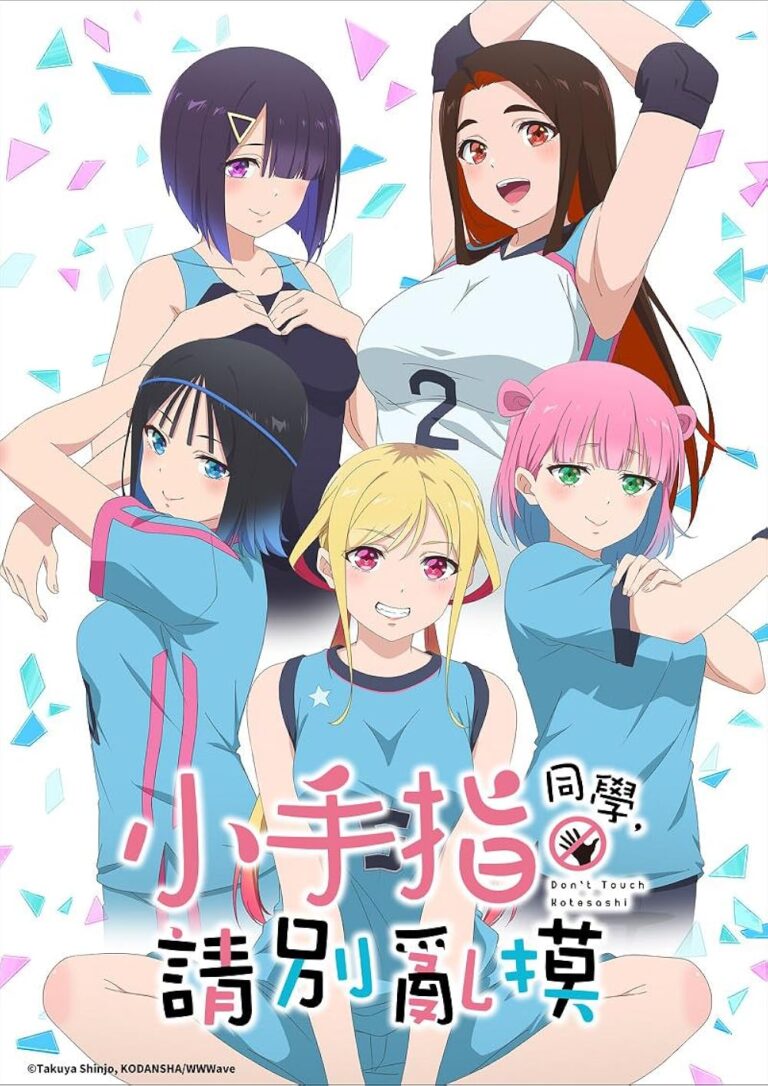
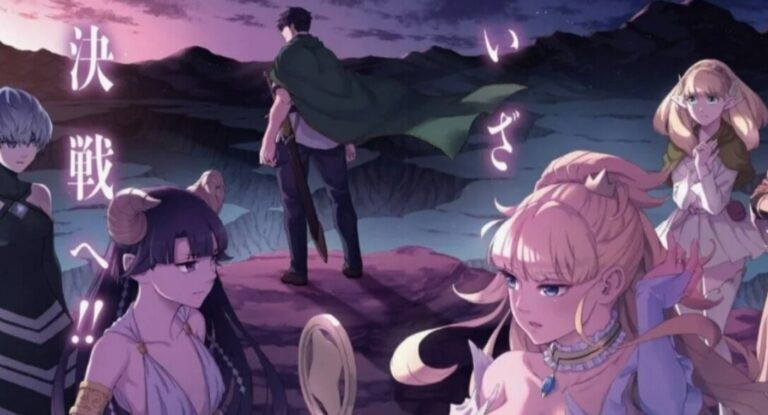
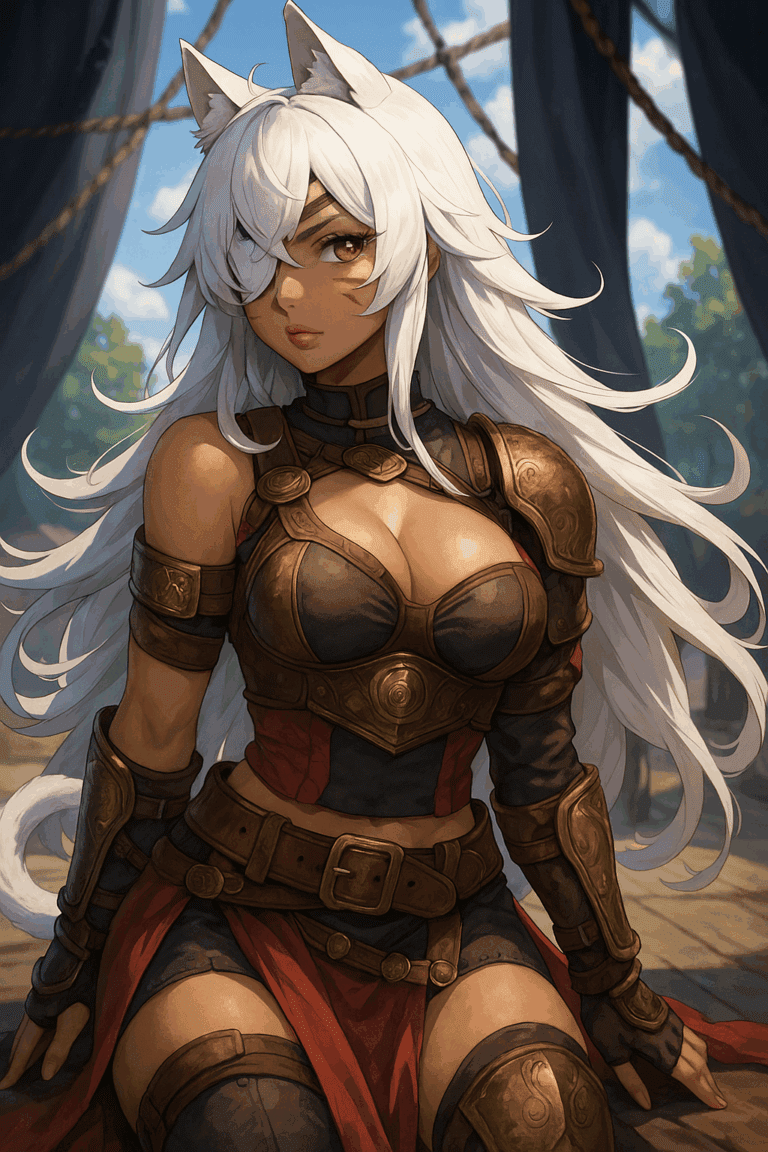

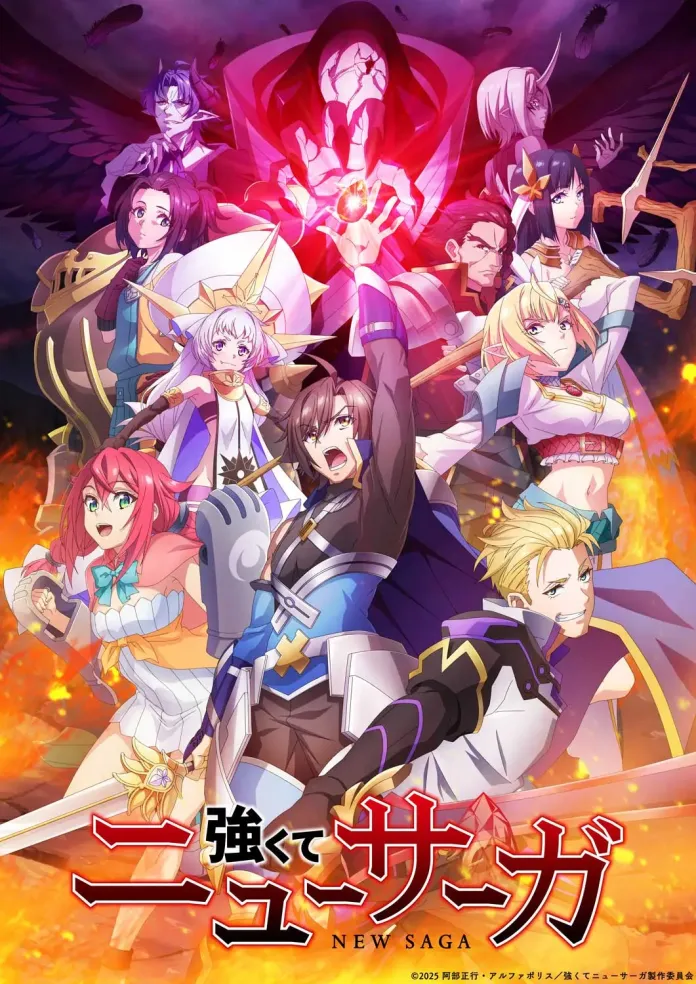
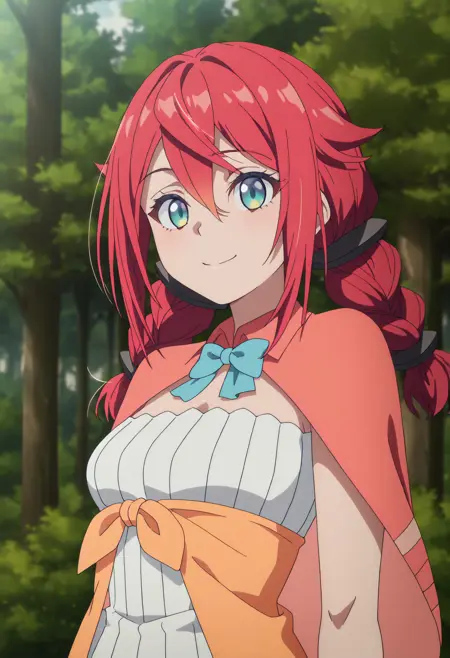

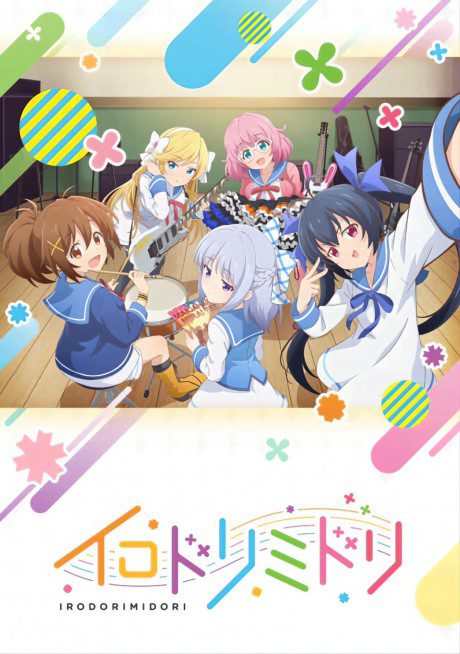

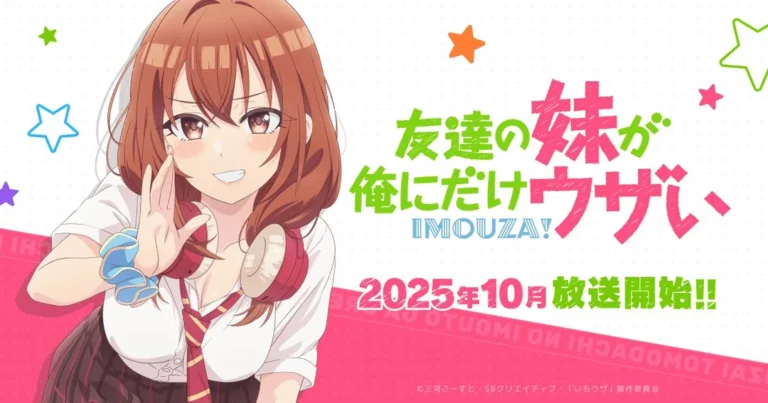
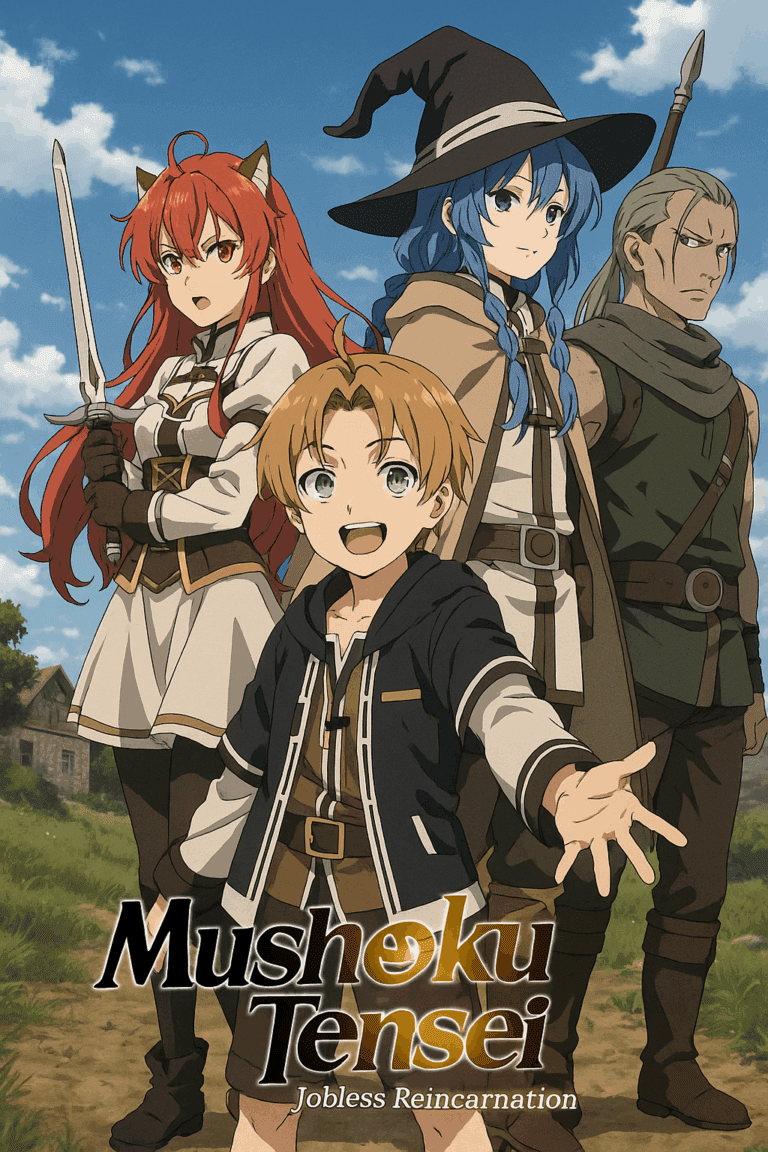
Angela - September 3, 2025 - Upvote (1) / Downvote
Definitely one of the best isekai's out there. Season 3 is also being released soon. Cant wait!!!